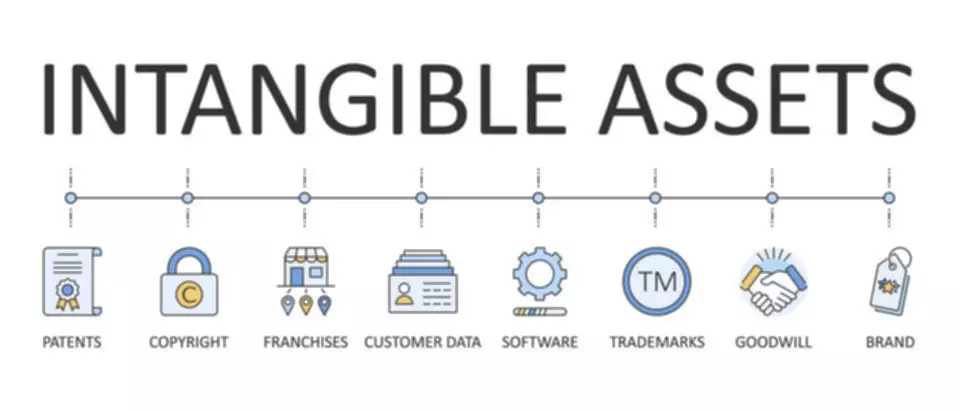Alternative Career Paths for CPAs and Making the Transition
Content

When work becomes a low-energy, boring, going-through-the-motions experience, it’s time for a self check-in to see what’s really going on. It may not be that you’re miserable and hate your job, but you’re just not feeling passion and interest in a way that you did before.
- A large company may offer more job security, while a smaller company may offer more opportunities for advancement.
- After having attained CPA certification, one immediate job opportunity available is to teach others how to become CPA certified.
- A career in public accounting can be both personally and financially rewarding.
- Whether interviewing for a public accounting job or an industry job, you must be prepared and confident in your abilities.
- Mainly because you had so much work to do that you had no time to really think about anything else.
For ambitious individuals with exceptional communication skills that aren? It is crucial to learn about and understand critical processes and to use software tools to automate where possible To avoid the type of disasters that can come from neglecting operational details.
How to Use the STAR Method to Nail Your Job Interview
So she pivoted, getting a degree in student affairs and working as an adviser helping students come to the U.S. But Lane said her CPA license remained an asset, and once she found a way to merge her two career goals, accounting again came calling. And when what is a cpa cases involve broken contracts and financial malfeasance, lawyers lean on forensic accountants to help determine economic damage as well as fault. What excites Adler most about his career is that executives and board members want to hear from him.
You can learn the GAAP standards and how to create financial statements and documents that are in compliance with these standards without having to go through the rigorous certification process that CPAs undertake. A common misconception is that CPAs take different accounting courses or programs than non-CPAs. Prospective CPAs don’t need to follow a different curriculum than students without this ambition. They should earn a bachelor’s degree in accounting or in an area of business that includes considerable accounting coursework. Accounting students often complete coursework in other areas of business, as well, so they can put their accounting knowledge in context.
What Can I Do With an Accounting Degree Besides Accounting?
One need only recall the Enron and WorldCom accounting scandals of 2001 and 2002 to understand the damage that can be done when public accounting professionals fail to fulfill their duties to their clients and to the public. Thus, governmental accounting may include the methods of financial accounting, tax accounting, or other types of accounting. An accounting degree can also help you explore the current business landscape and develop analytical, critical thinking and strong communication skillsto prepare you for a variety of jobs for accounting majors. From financial planning and consulting to budget management and data analysis. A common reason for young professionals to consider transitioning away from public accounting is the perceived lack of advancement opportunities. “Many public accounting professionals feel that if they don’t have a clear path to partner, they need to leave,” Basil explains. A specialization within public accounting, government accountants manage the financial records of local, state, and federal government agencies and make sure these bodies follow regulations when collecting and spending funds.
- From there, you can narrow down your search to the companies that would be the best fit for you and start applying to jobs.
- By taking a strategic approach to your career move, you can maximize your chances of finding great opportunities that align with your goals.
- Within public accounting, you can work for any sized firm, ranging from a large, international CPA firm to a small local accounting practice.
- Many private businesses seek accountants with experience in auditing and tax preparation.
- There’s a role to suit everyone, whether you’re looking for a senior position, financial reporting role, or something in SEC or financial analysis.
- Determine whether the organization is following provisions of laws, regulations and contractual grant or loan agreements.
Becoming an entrepreneur is not much of a stretch for an accountant who doesn’t necessarily want to open their own accounting firm, but does want to own their own business. The function of a business analyst is to examine the existing and ongoing processes of a business in order to determine where improvements can be made. https://www.bookstime.com/ This is a role that can be done as an employee of an organization, or as an independent consultant. An accountant that has experience working in business of any type or size can make the transition into the role of a business analysis with ease as they’re already familiar with how a business operates as a general rule.
Business Analyst
Overall, while there is no “one size fits all” answer, if your goal is to join industry as a senior manager, public accounting is the best path for you. If you find yourself constantly stressed and wishing you were doing something else, it may be time to start exploring other options. Second, consider your long-term career goals and whether or not public accounting is the best path to achieving them. If you have your heart set on becoming a partner at a top firm, it may be worth staying put for a few more years. However, if you would be just as happy working in industry, there is no reason to delay your move. Ultimately, the decision of when to leave public accounting for industry is a personal one that should be based on your individual circumstances and career goals.

